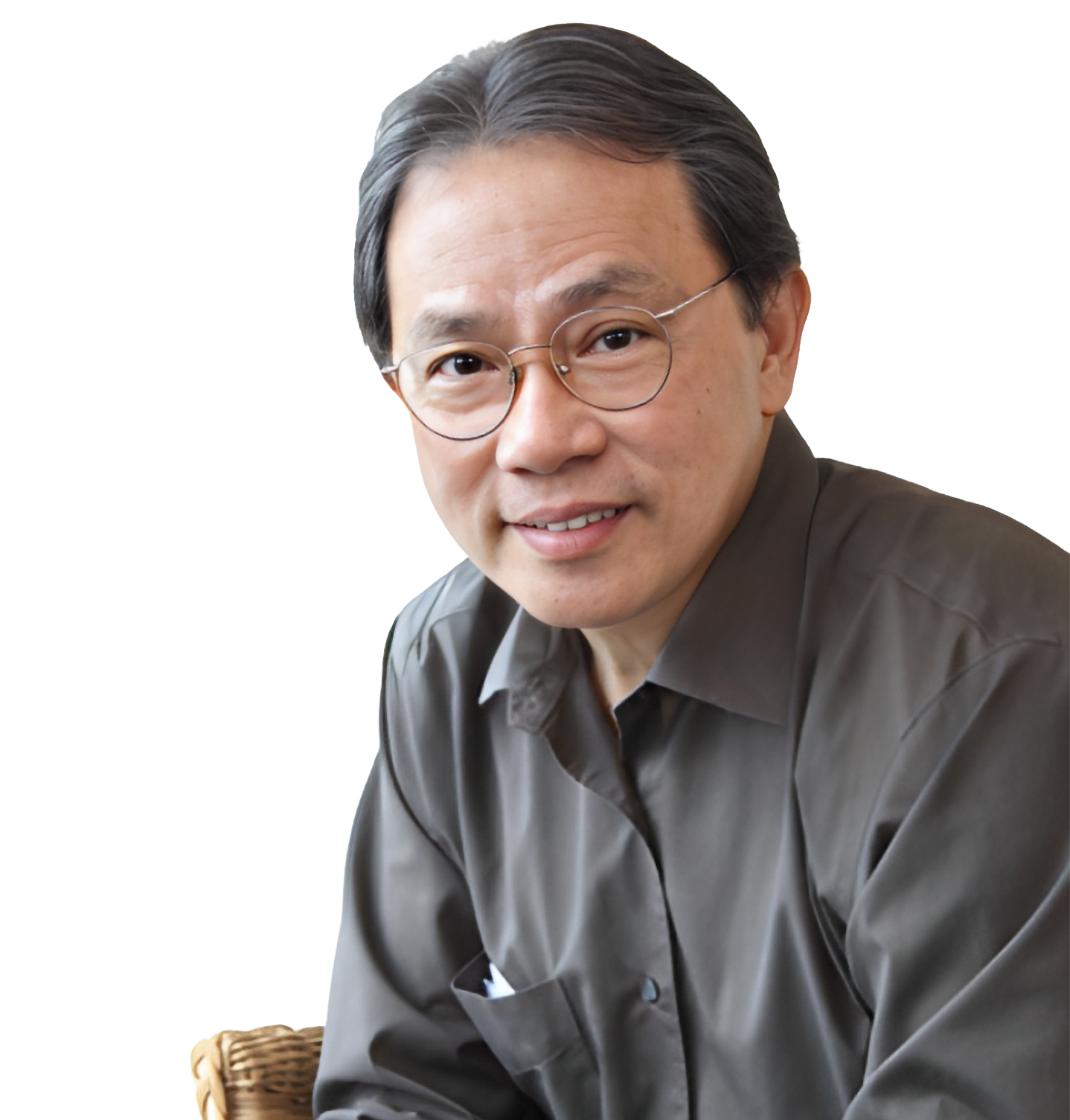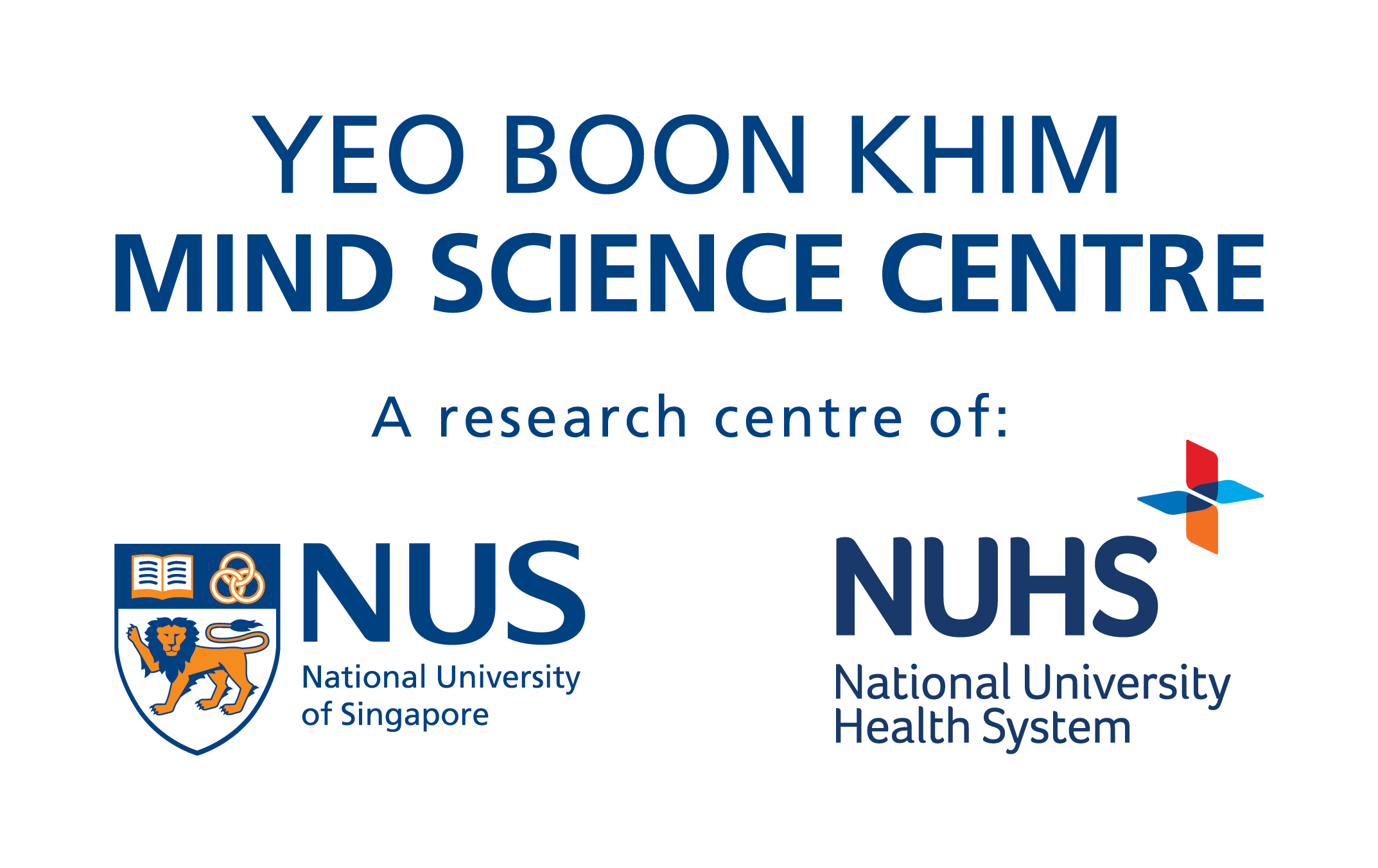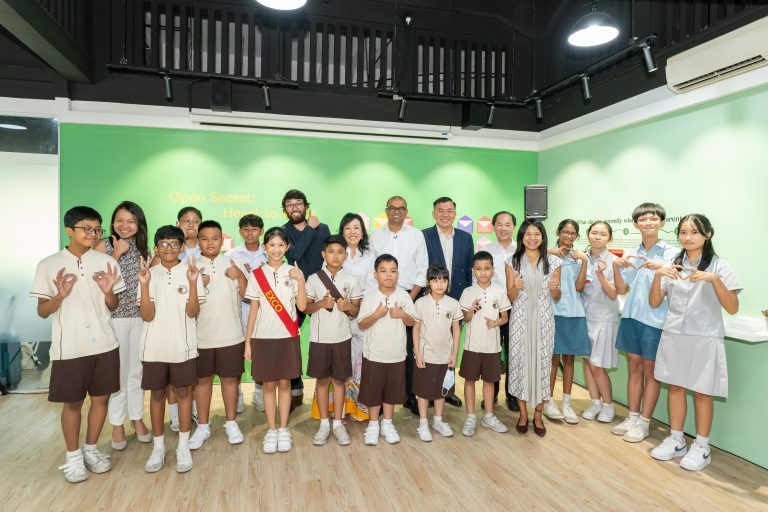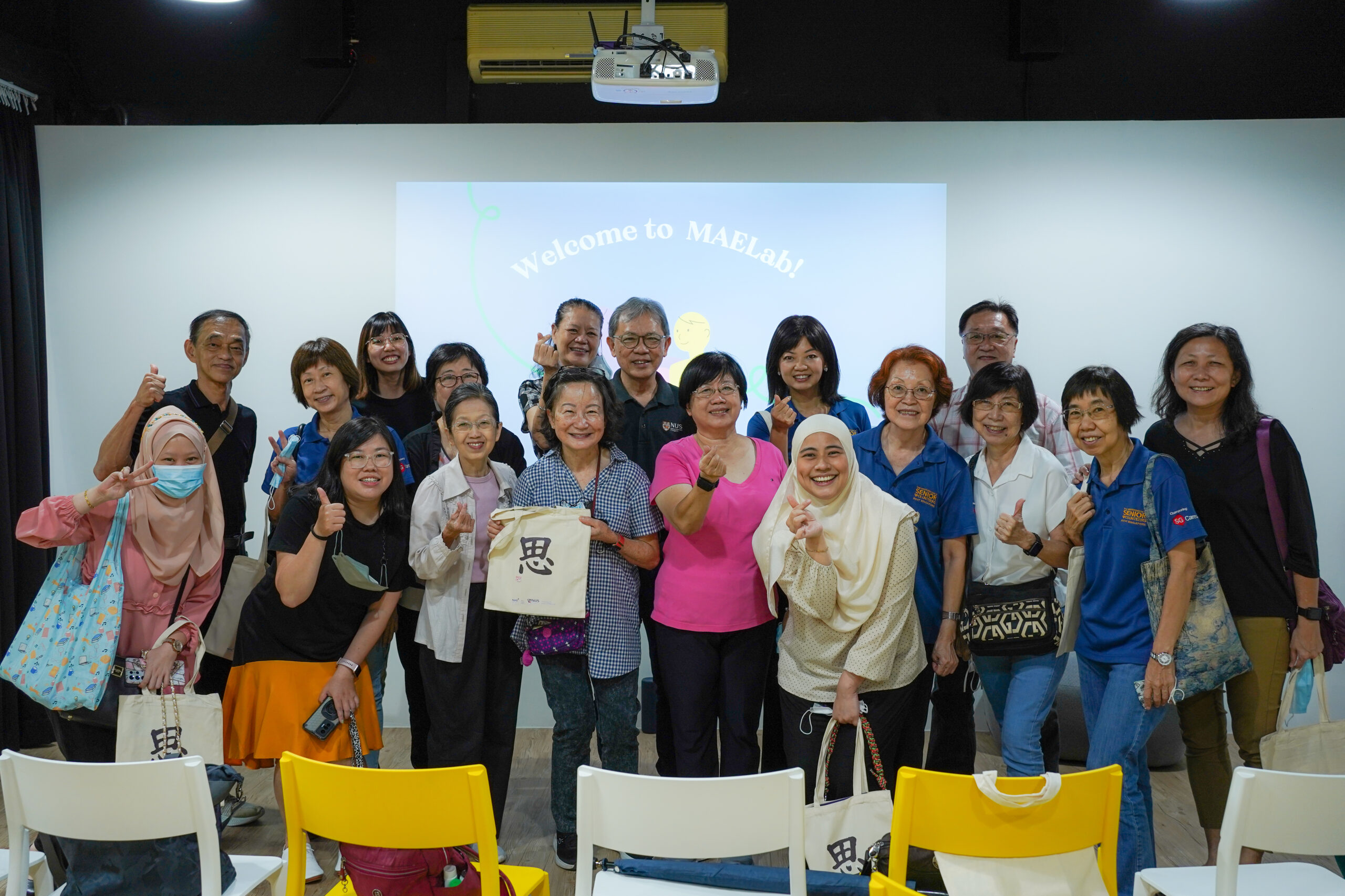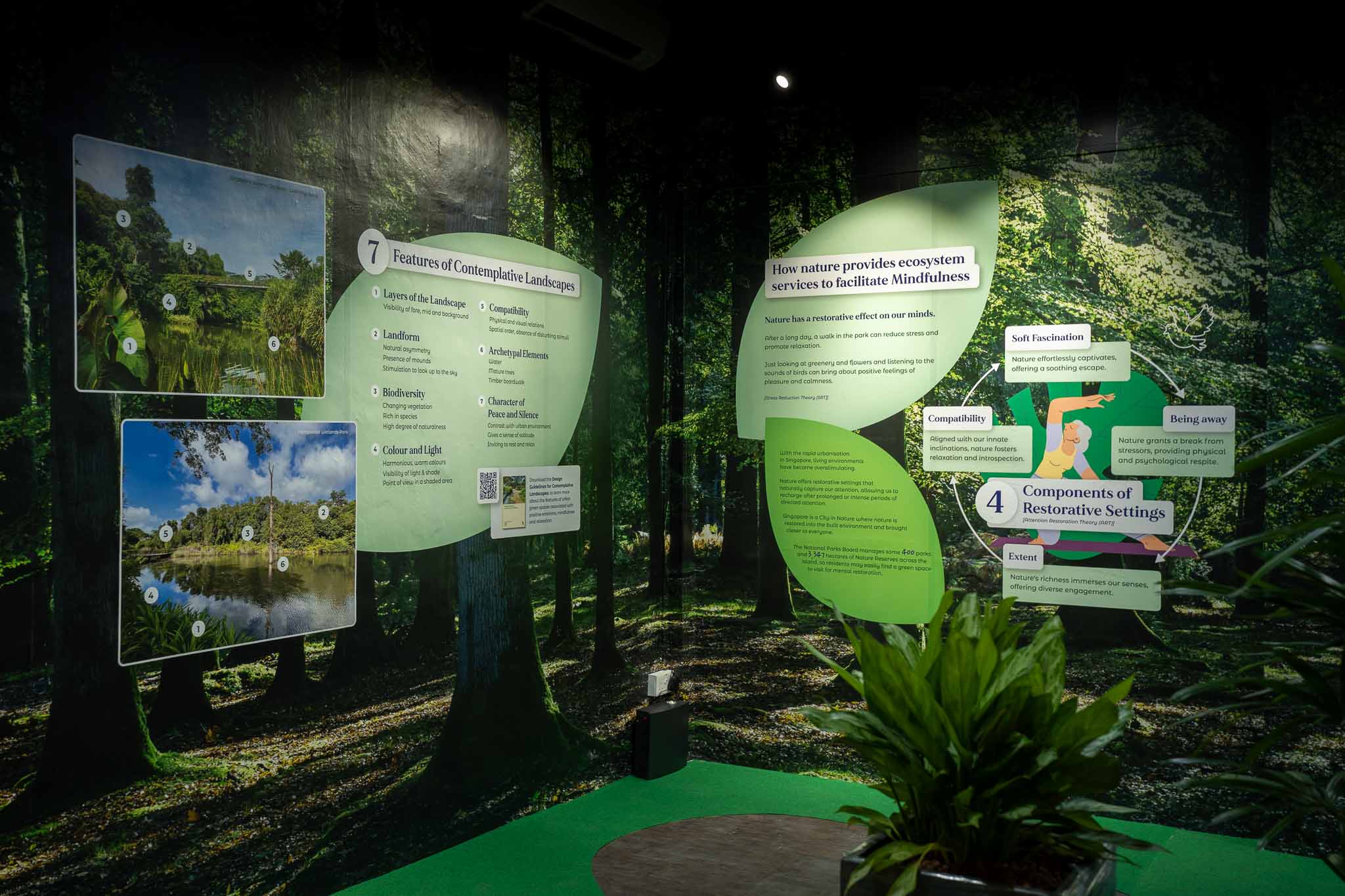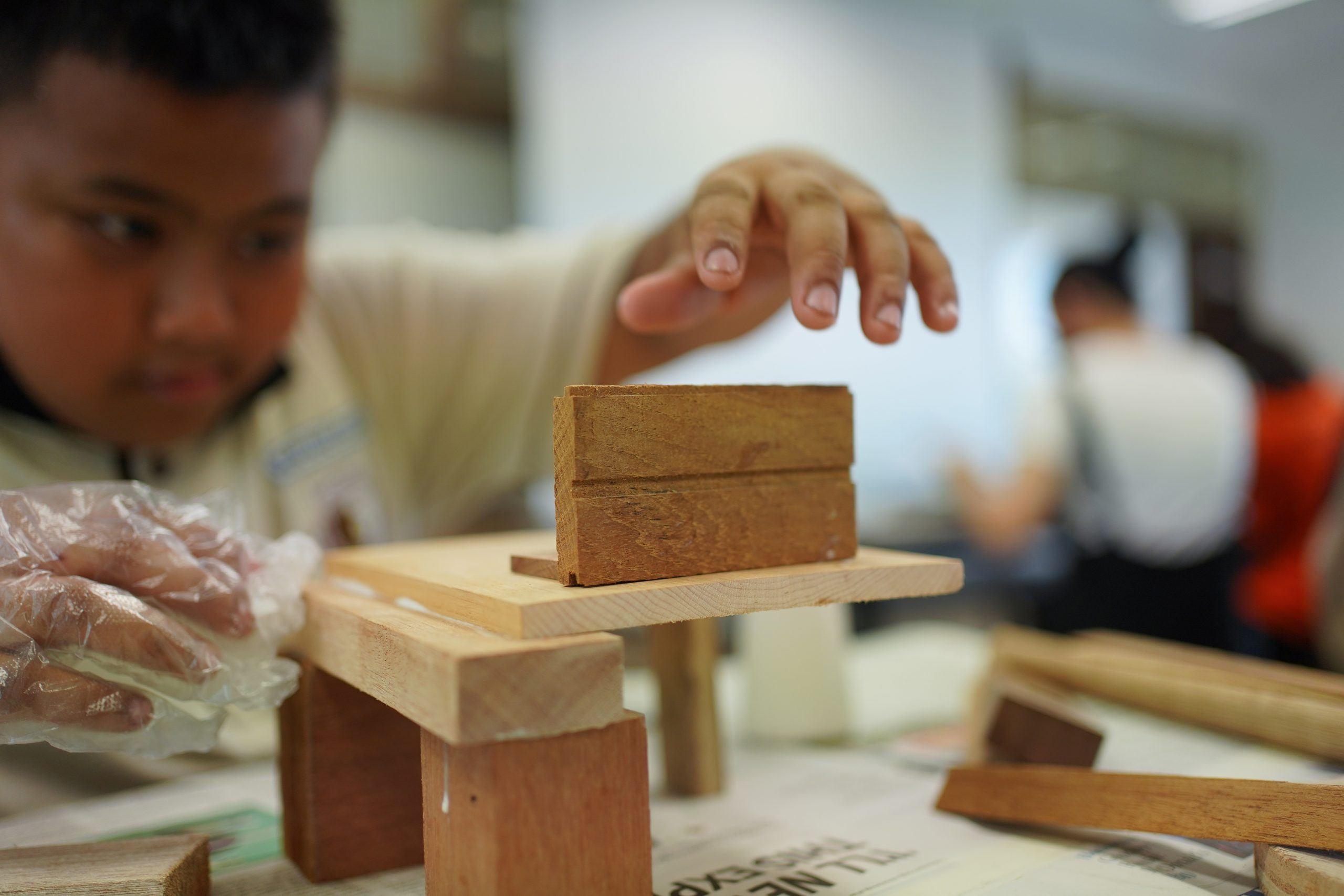Upcoming events
Living with Dementia Webinar Series:
Dementia —
Pathways to Care
- Wednesday, 28 Jan 2026
- 12:30PM - 2:00PM (SGT)
- Complimentary Webinar on ZOOM
Where can families turn for help? What can they expect during a medical consultation, and after diagnosis what else? This webinar walks you through each stage of the dementia care journey, from recognising symptoms and assessment to management and community support.

Our Initiatives
A Message From
Mr Abdullah Tarmugi
Former Speaker of the Singapore Parliament
Chairman of the Management Board, Yeo Boon Khim Mind Science Centre
The Mind Science Centre’s approach is non-drug, preventive mental health. It would continue to forge partnerships with community stakeholders and translate findings into impactful programs, foster active ageing, support mental health and dementia prevention, and improve overall population well-being.
We are actively exploring avenues to address mental health challenges before they escalate. In the coming years, we look to strengthen our community partners network to enhance the sustainability of our programs. By building local capacity and fostering community ownership, we aim to create solutions that are more likely to be embraced and sustained over the long term.
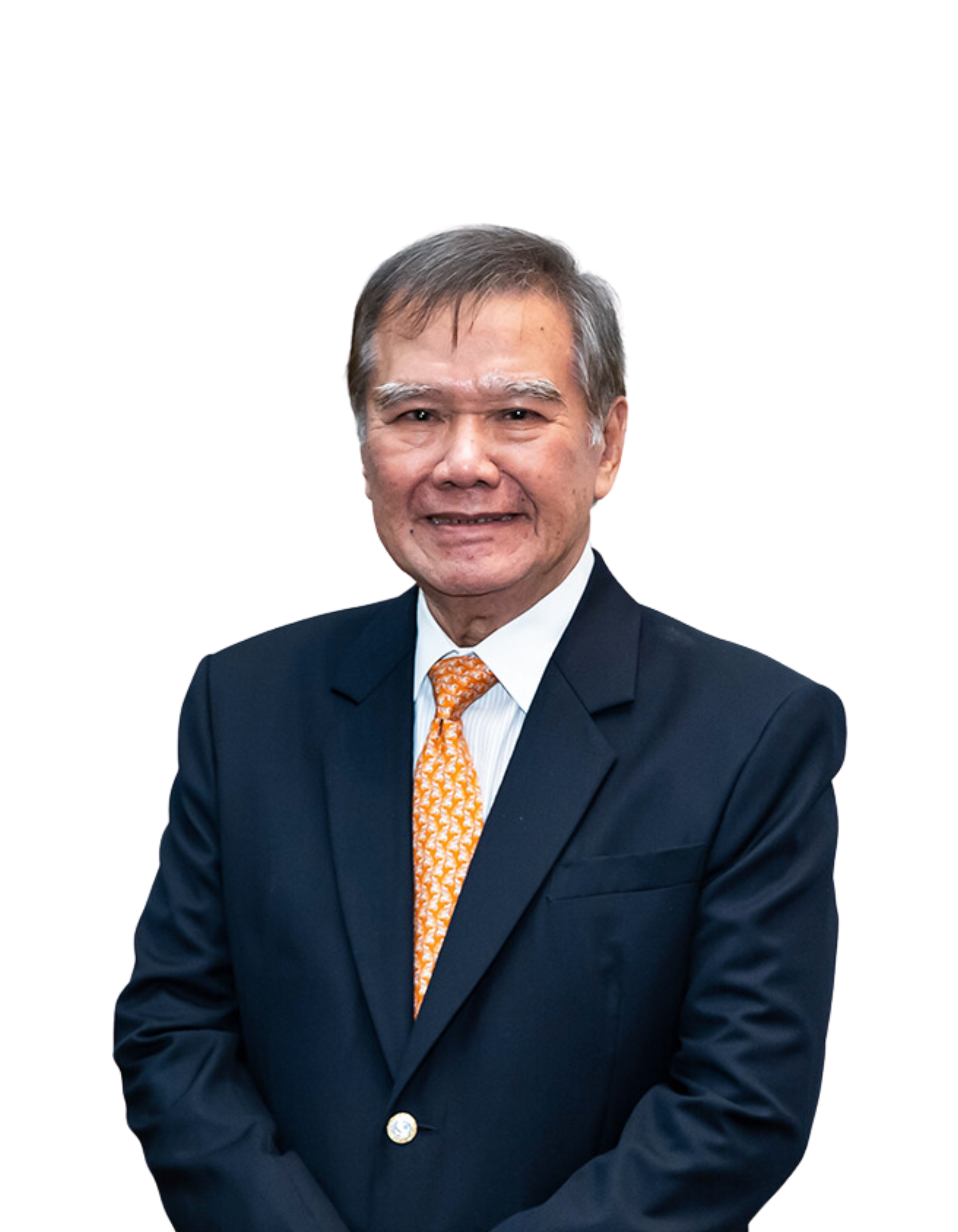
Associate Professor Shefaly Shorey
Vice-Dean (Administration), Yong Loo Lin School of Medicine, National University of Singapore
Director, Mind Science Centre
The Yeo Boon Khim Mind Science Centre is pleased to announce the appointment of Associate Professor Shefaly Shorey as its new Centre Director.
A/Prof Shorey is an internationally recognised researcher and educator whose work has advanced the understanding of family and women’s health, psychosocial interventions and wellbeing across diverse populations. With over 270 publications in leading journals and numerous national and international awards, she brings a wealth of experience, academic rigour and visionary leadership to the Centre.
Under her direction, the Mind Science Centre will continue to strengthen its foundation in translational research on mental health and ageing. A/Prof Shorey’s vision is to deepen the integration of science, education and community partnerships to foster innovation that enhances psychological resilience and wellbeing across the lifespan.
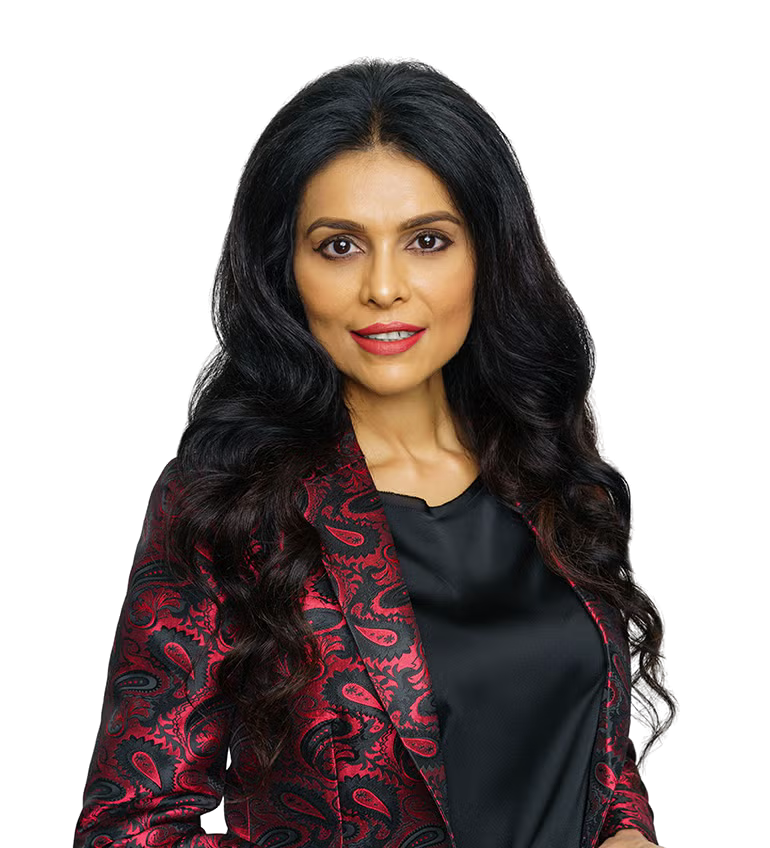
A Message From
Emeritus Professor Kua Ee Heok
Emeritus Consultant, Dept of Psychological Medicine, National University Hospital (NUH)
There can be no health without mental health. Mind Science Centre initiated Asia’s first study on prevention for dementia and depression from community-based interventions. As we move forward, we plan to continue looking into how people can be empowered to take charge of their active ageing process with resilience and perseverance.
People with Mild Cognitive Impairment (MCI) experience some decline in their memory or thinking processes, but the symptoms are less severe than that of dementia. Early detection of cognitive impairment elderly is of utmost importance as better management is dependent on early adequate care and prevention measures
Read More
